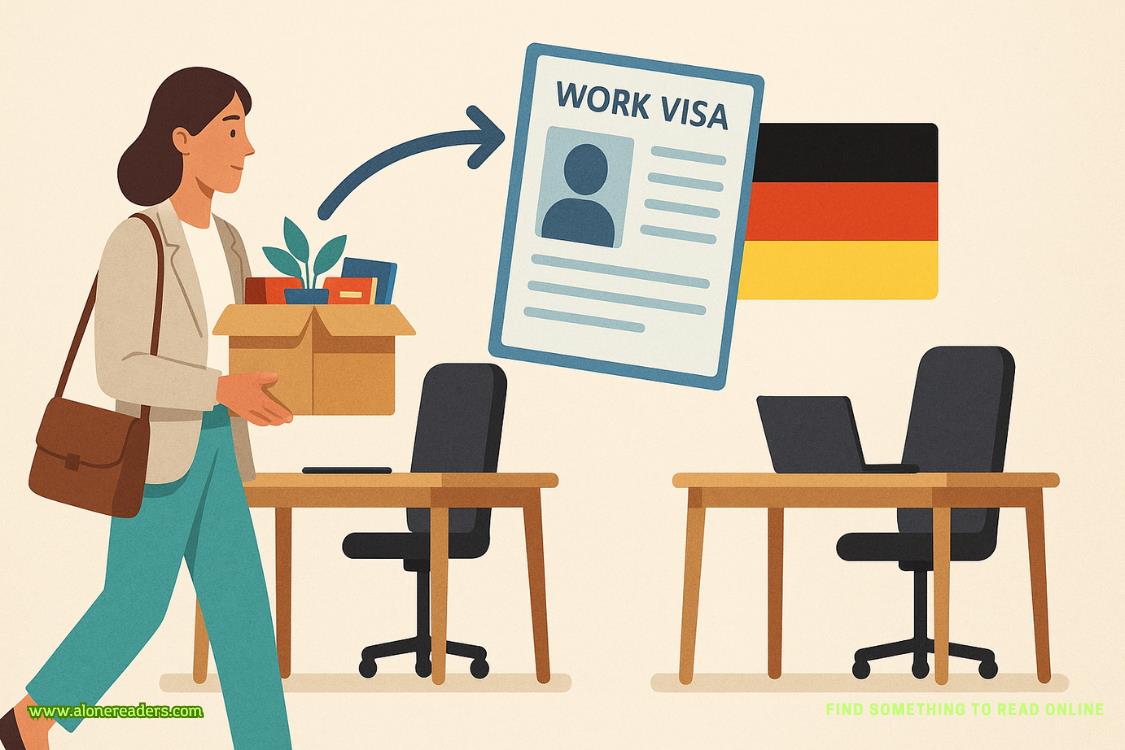Page 88 of Death at a Highland Wedding
His brows shoot up. “I am honored.”
“May we speak after breakfast?”
He moves into the hall, closing the gap between us as he lowers his voice. “Privacy is required, I take it?”
I nod.
“Then, if you are not famished, you ought to accompany me to speak to Simon at the stables.”
“Is something wrong?”
He lowers his head toward mine. “It is an excuse.”
“Ah, all right then. Let us go and speak to Simon.”
As we leave the house—and I’m sure no one is outside to overhear—I tell Gray about Violet.
“Well, that answers the question of whom we spotted that night,” he says, “as well as confirming that the maiddidread a partial discarded note.”
I nod. “As for the final version, when I asked for it, Violet went very quiet. She agreed to look for it but warned she might have thrown it in the fire.”
“If she did not, then she has now.”
I shake my head. “It was the last note sent by a friend. If she burned it, she did so as soon as she read it. She could have hesitated because she realized she no longer had it and worried that looked suspicious. But I think she didn’t want me reading it because it would confirm Ezra was more than a friend.”
Gravel crunches under his boots. “Then that is a tragedy.”
“Violet deserves a happily ever after.”
“She does. Hugh truly did not mean to put her through that, and I think, if I might be so cruel, that it was best if he did not foresee the consequences, or he would have changed his mind. That would have been good for Violet, butsheis not my dear friend.”
“Hugh’s happiness is far more important to you. I agree. It was an awful thing for Violet, but they’re both better off for it.”
Even as I say the words, I wonder how true that is. Would Violet rather be where she is—single, rejected, and shamed—than married to a decent man who didn’t love her?
I think most women in this time would choose the decent man who would treat them well even if he never loved them. They were raised to believe that was the most they could expect.
I’d never say that to Gray. There’s no point in lifting that particular veil into the lives of Victorian women. He understands the disparity and seeks to mitigate it in his own dealings with women.
“Speaking of marriage, though,” I say, “that is actually my question. Why would Ezra and Violet be courting in secret? I can see that if one of them was married or otherwise attached, but they aren’t. They’re a damn near perfect match.”
“I would agree.”
I throw up my hands. “So what am I missing? Does her broken engagement make her an unsuitable match? He’s an orphan, right? Is that an issue? I’m lost.”
“If you wish to know why there would be an objection to the match, you have come to the wrong person. You really do need to speak to Isla. I know nothing of marital suitability.”
I sigh. “Because it’s a woman’s issue, right?”
He pauses, and I think that’s my answer, but then I realize he’s noticed how close we are to the stable—and the end of our privacy bubble.
He waves me to the side, where we might admire a flowering bush. When we’re there, he says, “Marital suitability concerns men, too, as they must understand who they can and cannot court. But it does not concern anyone who has no intention of marrying.”
I parse that out. “You don’t intend to marry?”
“You sound surprised. Are you truly?”
“I…” I shrug. “If you were a thirty-one-year-old unmarried woman, I’d have wondered, but I know it’s common here for men to be older when they marry, especially if they have careers.”















